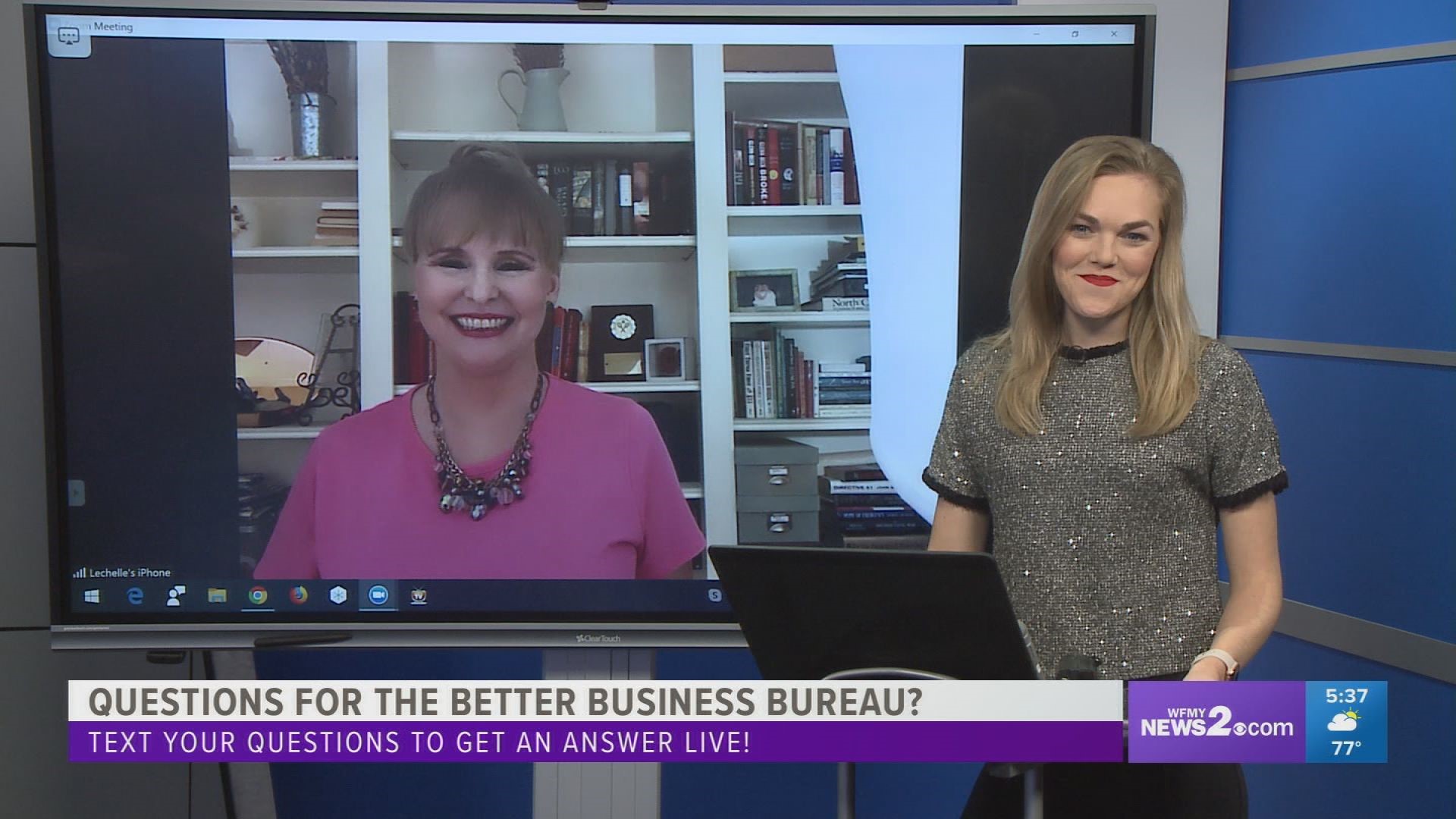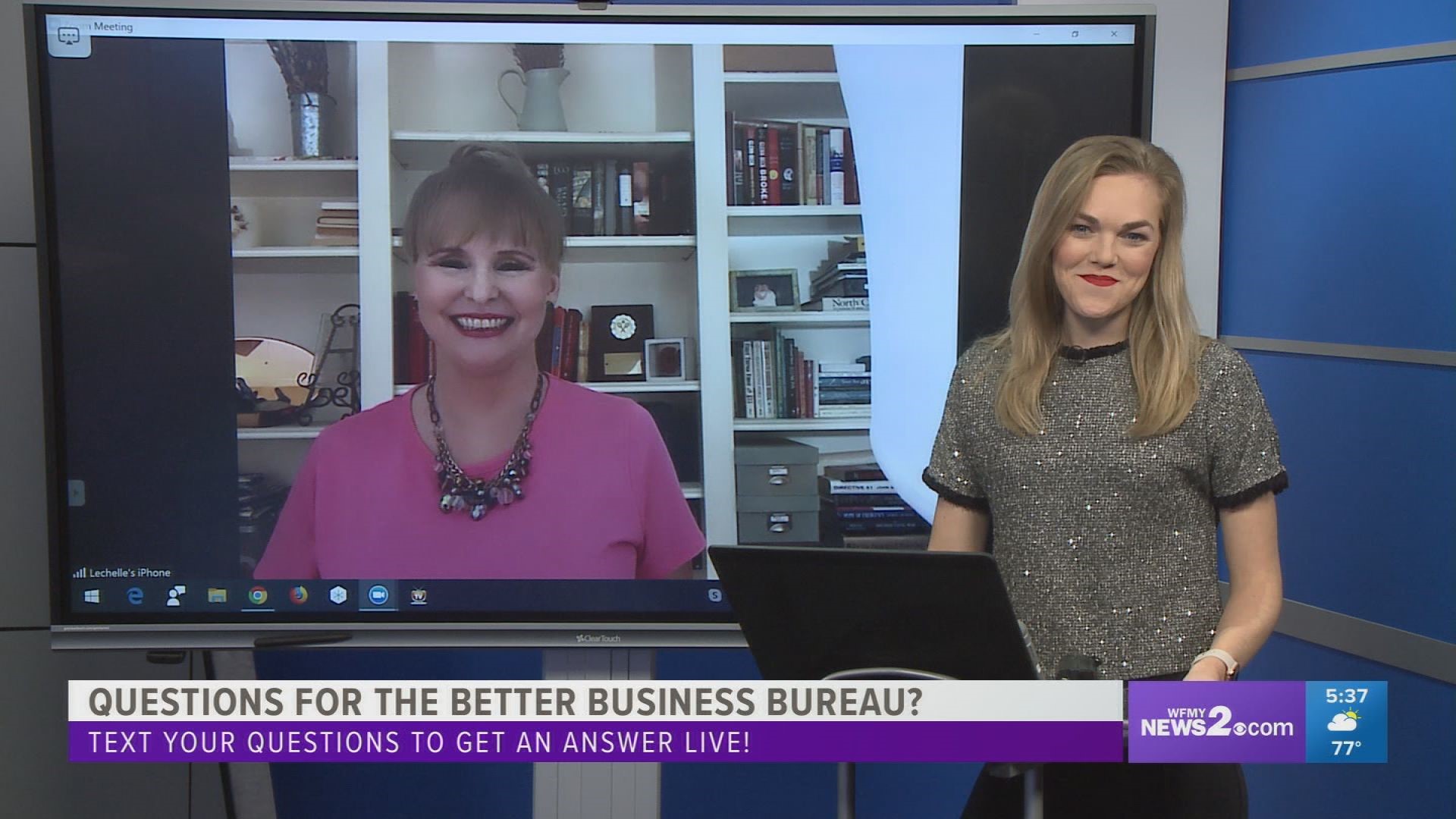GREENSBORO, N.C. — We've seen scammers pretend to be a lot of different people. They've pretended to be the IRS, fortune 500 companies like Amazon, and even your own loved ones.
Now they're potentially pretending to be the President of the United States. Seriously!
A Presidential Scam
The Better Business Bureau is aware of a scam where someone contacts consumers claiming to collect money for a presidential campaign. They may pretend to be a representative of the candidate or one of the candidates themselves.
Once you agree to donate, they transfer you to a live operator who snatches your financial information and that money never reaches the mentioned candidate.
You can take these three steps to avoid this cam.
Screen your calls. This one is simple. If you don't recognize the number, you're better off not picking it up.
Don't unsolicited robocalls. Similarly, an unsolicited robocall almost never comes from a legitimate business. Scammers can even fake the caller ID so that it looks like it's coming from a legitimate source.
Register with the Do Not Call Registry. Let's be clear. The Do Not Call Registry won't get rid of all your unwanted calls but it can significantly reduce the number of marketing calls you receive. That will make it easier to recognize the fraudulent ones.
A Prime Day Scam
Amazon will see a ton of activity as it's annual prime day continues through Wednesday. Scammers know this. And they're trying to catch people off guard to get their money.
The BBB is aware of a scam where people get calls with recorded messages. The person on the phone claims to be from Amazon and says there's something wrong with your account. That problem could be anything from a password issue or a lost or damaged package. The goal is to get either your account information or your financial information. They may even request to remote access your computer.
Beware of unsolicited emails and calls. Amazon will never ask you to make payments outside of its website.
Ignore messages asking for personal information. Amazon will never send you an unsolicited message asking you for your personal information.
Don't rush. Scammers try to get you to act before you can think. If a message creates a sense of urgency, it's probably fake.
Watch how you pay. Don't pay via wire transfer, prepaid debit card, or CashApp. They're hard to trace which makes them the perfect payment method for scammers.
Report it to Amazon. The retailer investigates these cases. So report these incidents here.
You can see our full interview below.


